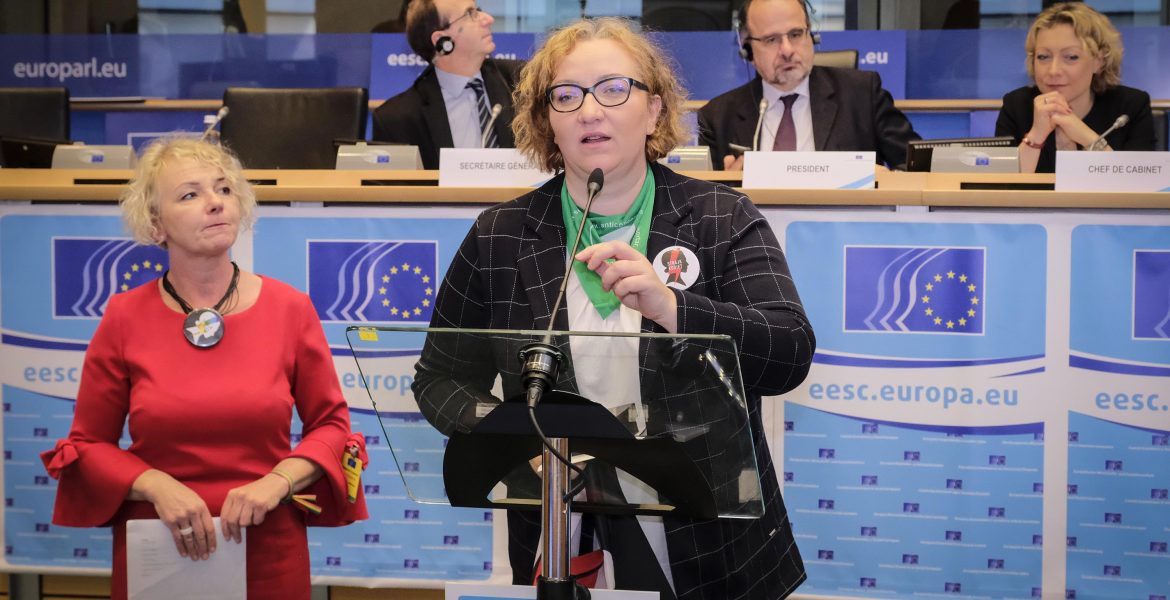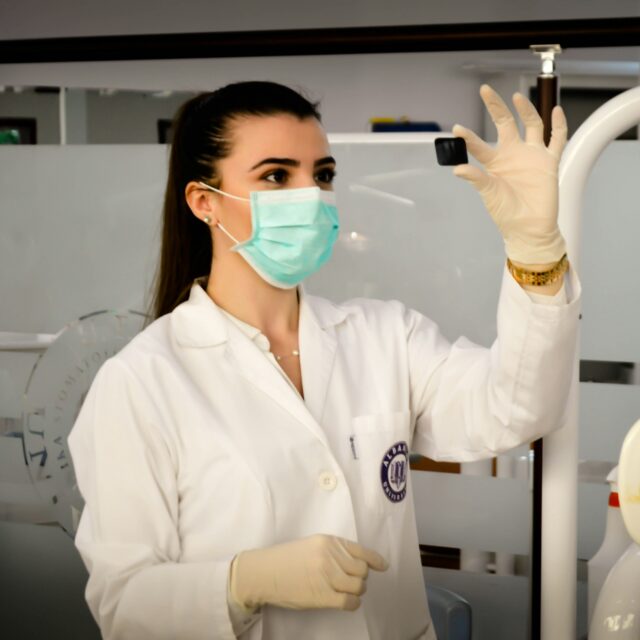The European Economic and Social Committee (EESC) invites civil society organisations, private companies and individuals from the European Union and the United Kingdom to submit their projects for its unique Civil Solidarity Prize, launched in July as a special, one-off replacement for its flagship annual Civil Society Prize.
The EESC aims to reward as many as 29 projects whose creators have shown unprecedented courage and solidarity in the battle against COVID-19 and its devastating effects.
Worth EUR 10 000 each, 27 prizes are available for projects implemented in the Member States, one for a UK entry and one for a project with a cross-border or European focus.
The deadline for applications is 12 noon (Brussels time) on 30 September 2020. The award ceremony will be held in January 2021 in Brussels.
To be eligible to apply, applicants must either reside in or be established in the EU. United Kingdom residents, established companies and civil society organisations are also eligible to submit an entry. All projects, including those submitted by profit-making companies, must be strictly not-for-profit and may not receive more than 50% of their funding from public sources.
The initiatives must be directly linked to COVID-19, specifically aimed at fighting against the virus or tackling its consequences. They may either have already been implemented or still be ongoing. Projects that started prior to the outbreak of the pandemic and were adapted to respond quickly to the new challenges are also eligible.
The full description of requirements and the online application form are available on our webpage: www.eesc.europa.eu/civilsolidarityprize
MORE ABOUT THE EESC CIVIL SOLIDARITY PRIZE
This year’s prize has a specific theme: Civil Society against COVID-19.
By dedicating its prize to the battle against coronavirus and by seeking to award as many as 29 prizes, the EESC wishes to increase visibility of projects and initiatives that have made an outstanding contribution to tackling the COVID-19 emergency and its many and serious consequences in each and every Member State and the UK.
By inviting UK candidates to apply, the EESC wants to show that we are all in this together and that it does not intend to break the ties with civil society in this former Member State but – on the contrary – wishes to maintain close relations.
The EESC, the EU body giving a voice to NGOs, trade unions and employers’ organisations at EU level, wishes in this way to pay tribute to European solidarity and to all those who have been demonstrating this solidarity by fighting against the coronavirus with courage, commitment and an unbelievable sense of responsibility.
The initiatives proposed for the prize can cover a wide range of themes, such as:
· actions linked to health, health equipment, medical devices, assistance and care;
· temporary initiatives aimed at mitigating the immediate effects of the coronavirus crisis and at meeting the urgent needs of the target groups;
· specific measures to help the most deprived, disadvantaged or vulnerable people or groups (including refugees), protect them from the disease itself and alleviate the impact of the crisis;
· initiatives linked to the situation of specific target groups during the lockdown;
· initiatives aimed at tackling the economic and employment consequences of the health crisis;
· initiatives to support the recovery of the European economy or of specific sectors in the aftermath of the pandemic;
· initiatives aimed at improving the capacity to react to a comparable future crisis.
This list is not exhaustive.




